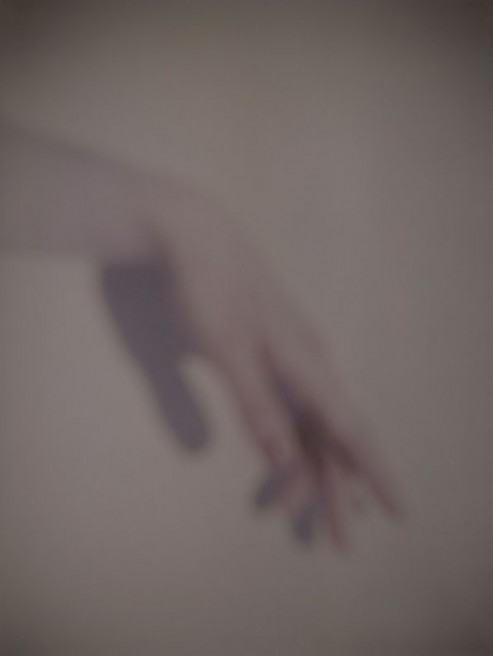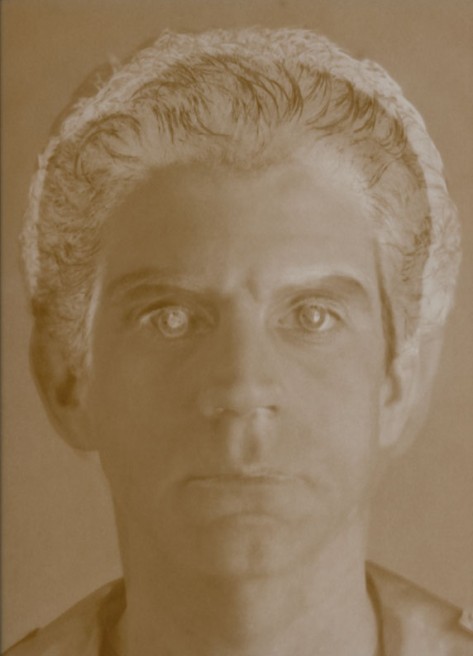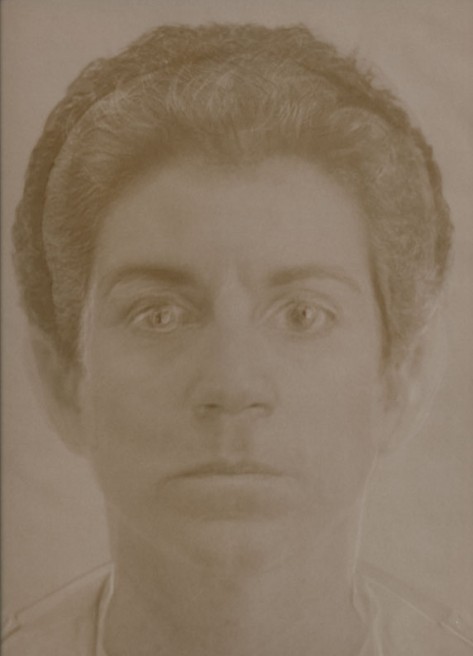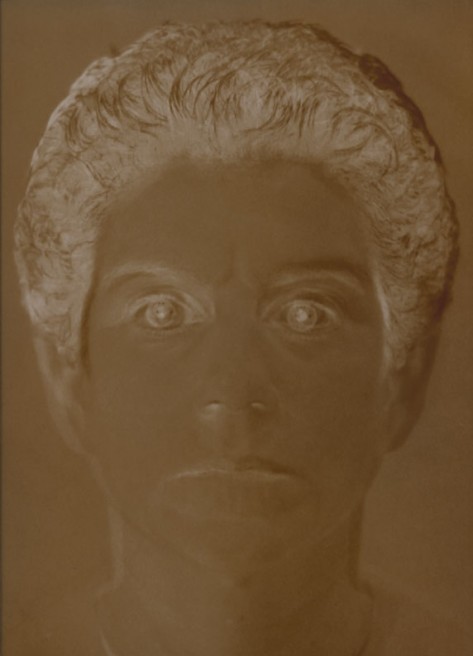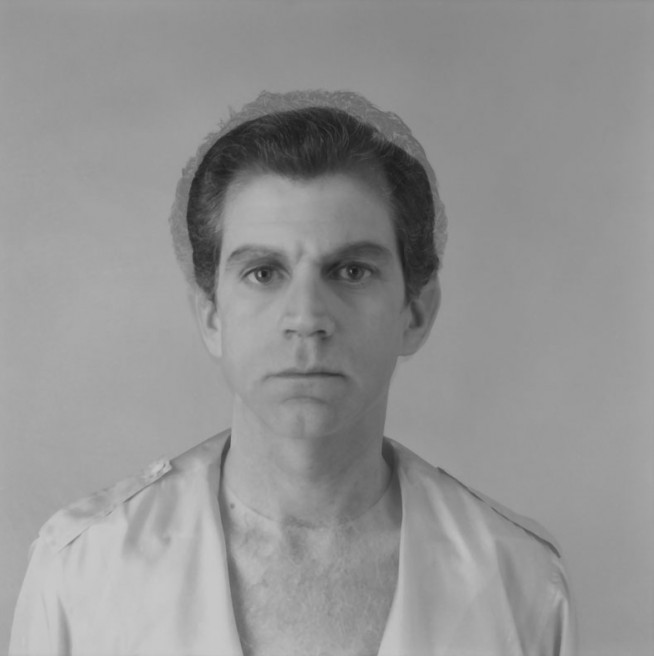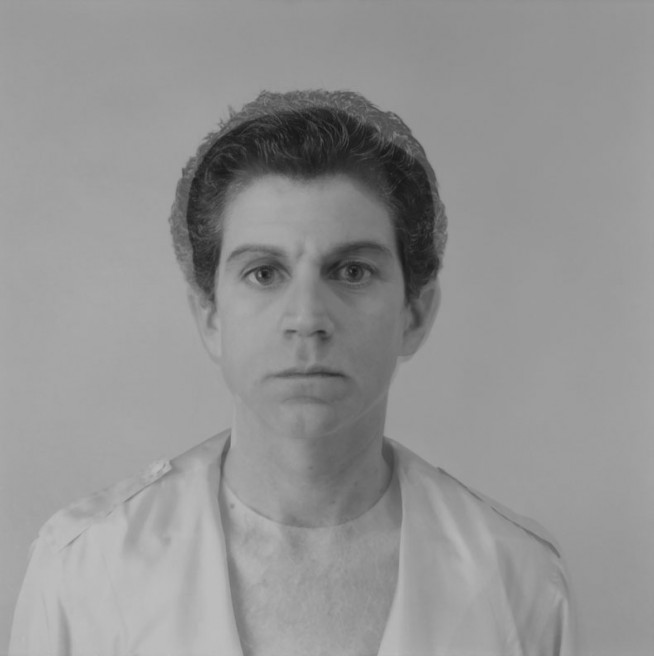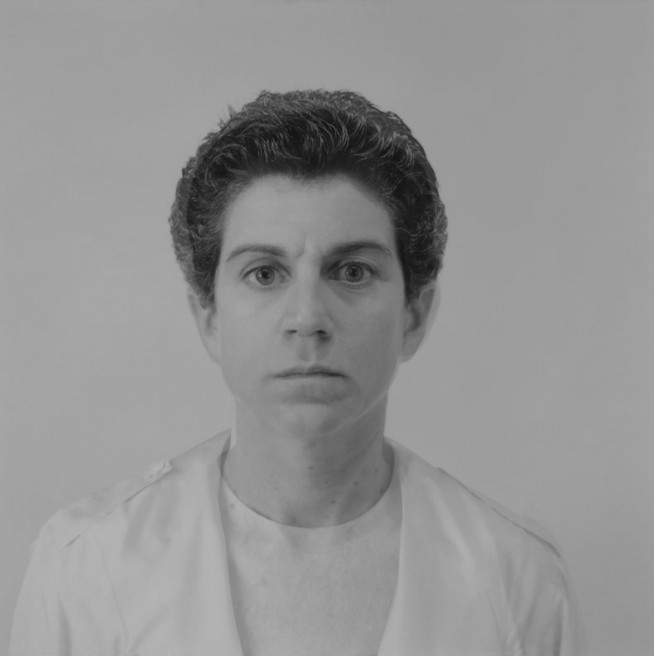In Conversation: Ricardo Viera by Adriana Teresa
Ricardo Viera is professor of art and since 1974 Director/Curator of the Lehigh University Art Galleries/Museum Operation, where he has established a visual lab program with the LUAG work/study collection and a nationally recognized collection of Latin American photography and video. Professor Viera teaches courses in museum and curatorial studies, independent topics in the history of photography, public art, visual thinking strategies and multimedia/new media workshop.
He has been a reviewer and consultant curator for Fotofest since the early 1990s. In October, 2006 he was invited to China as reviewer for Meeting Place of the first Fotofest, Beijing.
He has organized, curated, co-curated and served as consultant to important exhibitions, among the most recent are: “Viajeros: North American Artist/Photographers Images of Cuba,” LUAG 2006, Miami-Dade College, Wolfson campus gallery, Miami as part of SPE National Conference, 2007; “Latin American Photography 2, from the LUAG Collection, LUAG 2006; “”Hector Mendez Caratini: The Eye of Memory,” El Museo del Barrio, NYC, 2006; “Lies and Dustograms:” Maria Martinez Canas and Kim Brown, Dos Santos Gallery, as part of Fotofest Houston, TX 2006; “Our Journey Our Stories,” Smithsonian Center for Latino Initiatives Traveling Exhibition, 2004-06.
Professor Viera is interested in all kinds of creative endeavors in traditional, digital and new media.
The Lehigh University Art Galleries-Museum Operation is located in Philadelphia. It’s mission is to inspire, develop, and promote visual literacy and cultural understanding through cross-disciplinary educational opportunities that supplement formal classroom study as an educational laboratory to benefit students, faculty, and the community-at-large as part of the university learning experience
AT: What is contemporary Latin American Photography today?
RV: The term "Latin American" no longer only refers to those living within the boundaries of Central America, South America and the Caribbean. Today the United States has an increasing Latino constituency, including distinguished artist/photographers. To be Latin American is to claim an ethnic identity based on cultural heritage, ancestry and geographic origin. However, the forces of globalization and the intrusion of other cultures in Latin American countries are changing the dynamics of the American continent. In conclusion, and using the title of an ephemeral video exhibition I curated a year ago: "Art Has No Homeland, but the Artist Does."
AT: What do you look for in a photograph?
RV: Photography is not just about images. Photography is also ideas. It does not make any difference if it is wet or digital or video. Ideas include new technologies based on existing mediums as well as new narratives and theatrics. When I look at a work of art I don't think about beauty. I'm thinking about visual language.
AT: What do you look for in an artist?
RV: We seek to collect the work of photographers who transcend the visual, who create their own personal theater and who represent a high degree of technical and conceptual excellence. The photographs speak about cultural and aesthetic ideas. Each artist brings to the medium differences in birth country, style, method and gender.
AT: What is the goal of your institution in regard to Latin American photography? What is your focus?
RV: To collect diverse photographs that are part of the history of contemporary art. Our collection is a teaching collection, a visual laboratory of sorts. Quality images elicit strong feelings, mixed responses and dialogue.
AT: What parameters would you like to transcend?
RV: Good photography is just that. It doesn't make any difference what nationality it is. Again, photography has no homeland, but the artist does.

